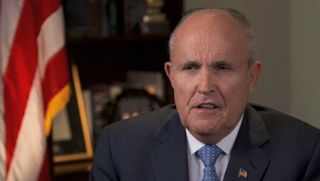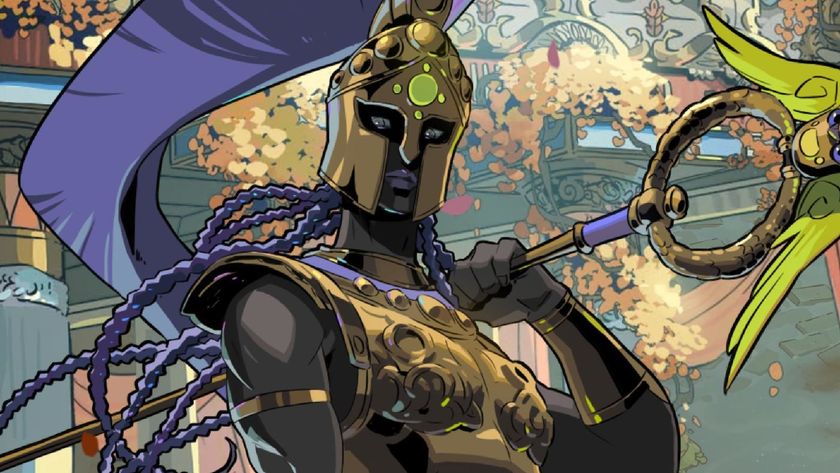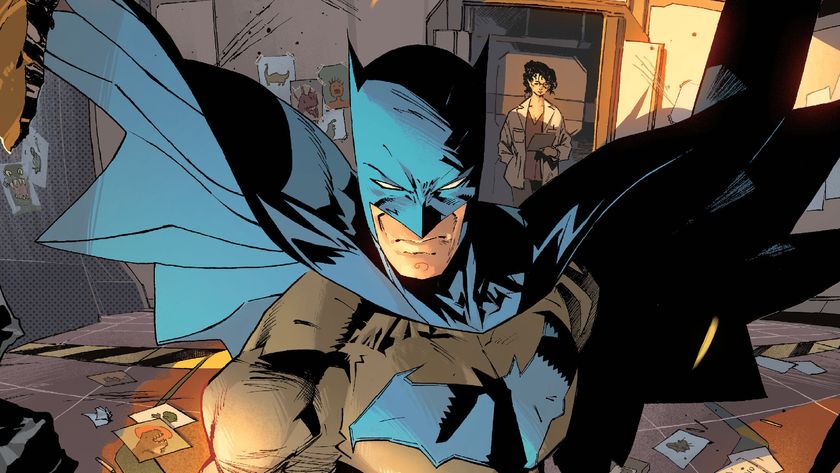Call of Duty, a dictator, and Rudy Giuliani star in a tasteless press campaign
You might remember that Panamanian dictator Manuel Noriega sued Activision for using his likeness without his permission in Call of Duty: Black Ops 2. Today, in an unremarkable feat of jurisprudence, the Los Angeles Superior Court ruled in favor of Activision's motion to strike the case. A bizarre legal footnote.
That should have been the end of it, and I probably wouldn't have even heard about the strange tale had Activision not turned it into the most tasteless press campaign in history. How do you come off as a bad guy when you're being sued by a despot? Well, it's not easy, but using the proceedings of your country's legal system as an avenue to promote an upcoming product is a great place to start.

First, some background on the case: Manuel Noriega came to power in Panama in 1983 and ruled the country with the kind of violence and corruption you'd expect from a military dictator. In 1989, a US-backed operation brought down Noriega's regime and booted him into an ongoing series of trials, prisons, and extraditions. Said US-led operation served as the basis for a mission in Call of Duty: Black Ops 2, wherein Noriega appears as a low-level villain/political pawn for the main characters to beat up and detain. Not a very dignified characterization, but he doesn't have much room to complain, right?
Apparently Noriega thought he did, because he sued Activision over the alleged misuse of his image. Perhaps his attorneys missed the Supreme Court ruling a few years ago in which video games were afforded the same First Amendment protections as films, books, and other works of creative expression--places where historical fiction has appeared for decades.
Activision decided no one would be a better ring leader for this legal circus than attorney and former New York City Mayor Rudy Giuliani. It began sending out releases with Giuliani's name in the headline, peppered with callbacks to recent games and a certain upcoming title. It taped media-friendly videos in which Giuliani discussed the "key themes of the case". It arranged press conferences with Giuliani on the LA courthouse steps (y'know, like in Law & Order).

Then, with Noriega's lawsuit rightfully dismissed, Activision CEO Bobby Kotick decided to personify self-aggrandizement in a prepared statement that implicitly compares the case to 9/11: "I want to thank Mayor Giuliani, who has dedicated his life to the protection of citizens against terrorists like Manuel Noriega and today for defending free speech."
Giuliani wasn't a mayor when he took the case, and he hasn't ever shipped off to fight the Taliban. He did spend his years in office fighting crime, but that's a far cry from terrorism. There's only one event to which Kotick could be referring in that quote, which is followed by a shout-out to "the advanced soldiers featured in the upcoming Call of Duty®: Advanced Warfare" in the next paragraph. Yeah. Not cool.
Sign up to the 12DOVE Newsletter
Weekly digests, tales from the communities you love, and more
Everything that happened in the courtroom itself seems just, and judgments protecting the First Amendment are good news to me--even more so when the plaintiff happens to be a man like Manuel Noriega. But exploiting the proceedings and all their associated tragedy to set the media talking about a video game? That's pretty low.
I got a BA in journalism from Central Michigan University - though the best education I received there was from CM Life, its student-run newspaper. Long before that, I started pursuing my degree in video games by bugging my older brother to let me play Zelda on the Super Nintendo. I've previously been a news intern for GameSpot, a news writer for CVG, and now I'm a staff writer here at GamesRadar.

Former Witcher 3 lead says his new vampire RPG Blood of Dawnwalker has a smaller open world because "it feels more like you actually know the place" compared to "behemoths"

Hades 2 devs say "we have not recast any of our characters" in the roguelike amid concerns during the ongoing SAG-AFTRA video game strike
Most Popular






